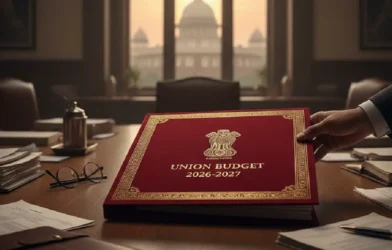Subtotal ₹0.00
Navi Mumbai has taken a bold step toward smarter urban governance with the launch of Property Identity Cards (PICs). Rolled out by the Navi Mumbai Municipal Corporation (NMMC), these cards promise to transform the way residents manage property taxes and paperwork.
Think of it as a driver’s license for your home—an official, standardized ID that streamlines transactions, reduces disputes, and builds trust in municipal systems.
For a city where property tax fuels nearly 70% of the civic budget, this move isn’t just administrative reform—it’s a leap toward transparency, accountability, and global standards of smart city governance.
The launch of Property Identity Cards by NMMC is more than a tax reform—it represents a paradigm shift in property governance. It makes property transactions faster, reduces disputes, increases transparency, and ensures citizens have a smoother, more trustworthy experience.
For homeowners, professionals, and businesses, this reform means fewer hassles, stronger compliance, and more reliable urban governance. As other cities watch Navi Mumbai’s progress, this initiative could set the stage for a nationwide property ID revolution.
Property tax is the lifeblood of local governance. In Navi Mumbai, property tax generates nearly 70 percent of the municipal budget, funding schools, parks, roads, sewage systems, and public health programs. Despite its importance, India historically struggled with low tax compliance and outdated manual systems.
According to the World Bank, property tax collection in India accounts for just 0.2 to 0.3 percent of GDP, compared with 3 percent in developed countries like the U.S. This gap directly impacts city development, slowing infrastructure upgrades and quality-of-life improvements.
In a city with more than 3.5 lakh registered properties, the old system created bottlenecks: duplicate records, disputes, delays in sales and transfers, and widespread confusion over who owed what. The Property Identity Card addresses this head-on.














